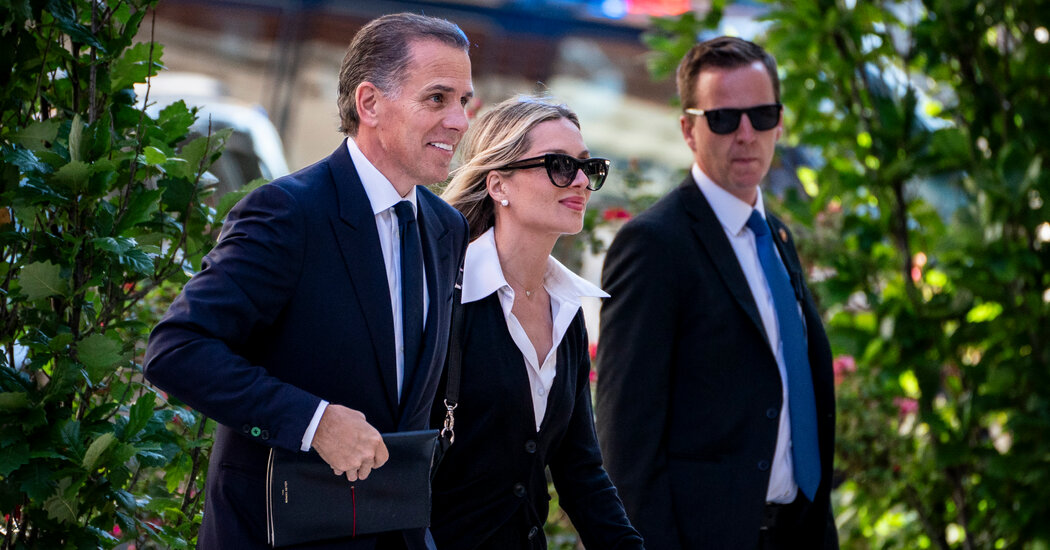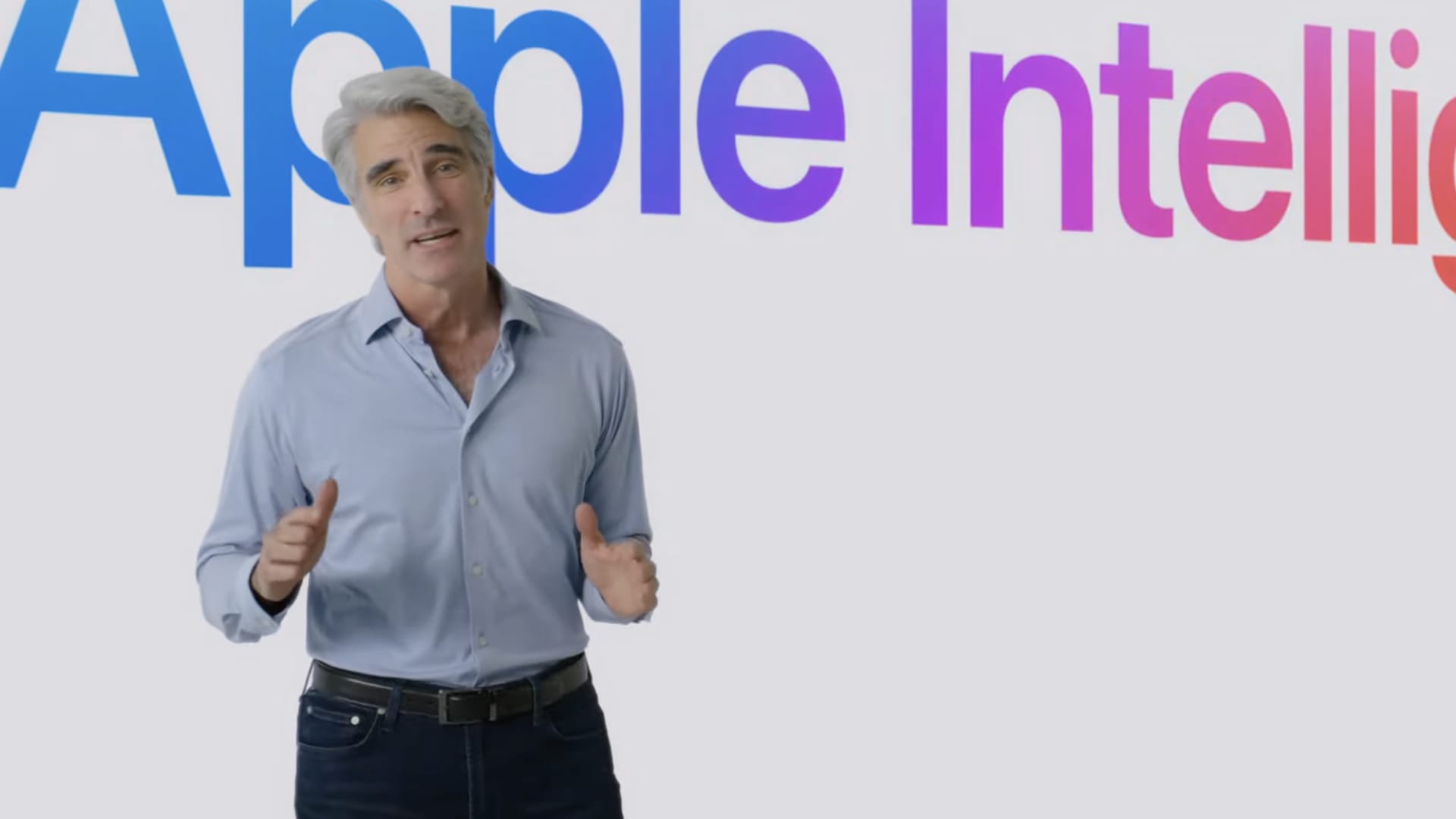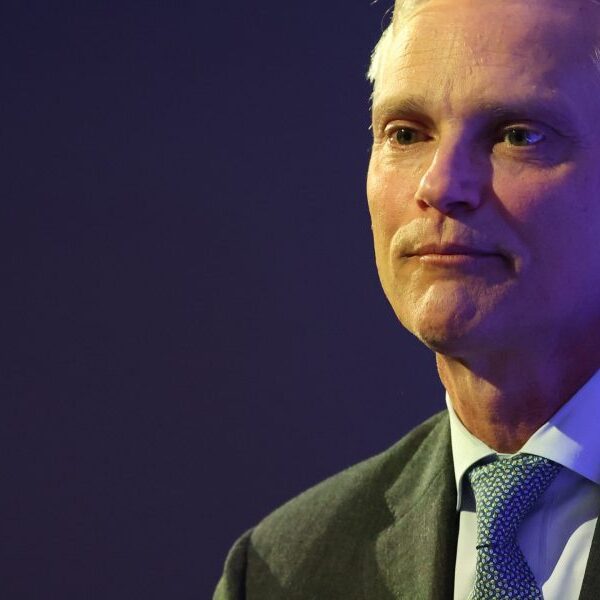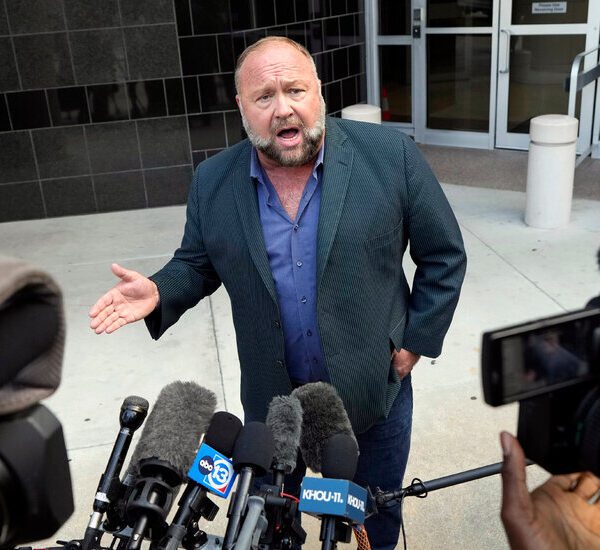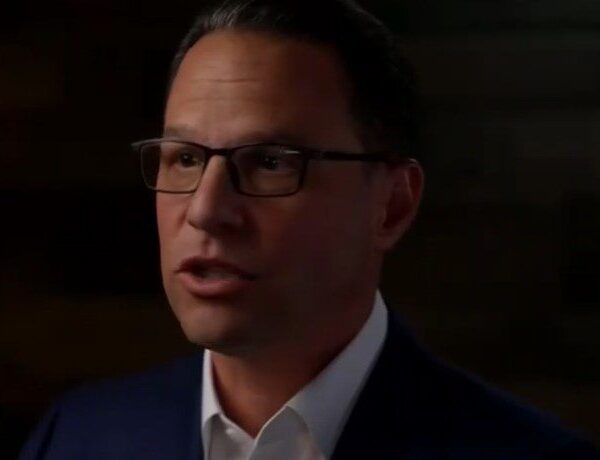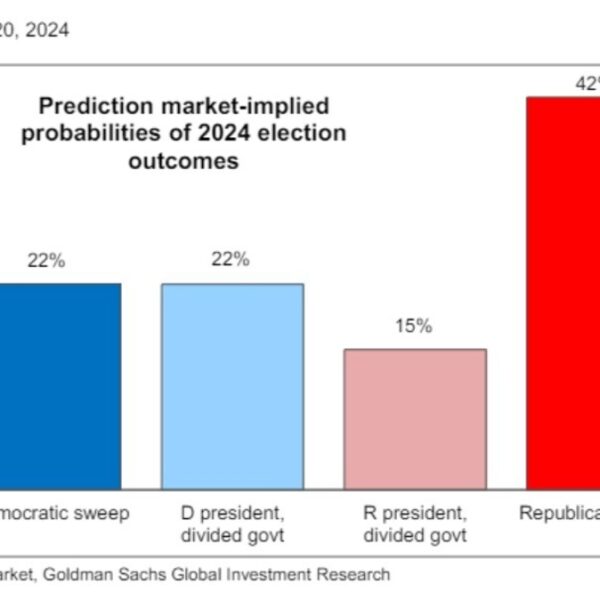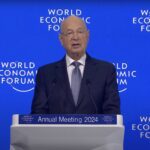Jurors in Hunter Biden’s federal gun trial began deliberations on Monday after prosecutors concluded their case with a relentless inventory of evidence they presented over the past week to try to prove he knowingly lied on a firearms application in 2018.
During an hourlong closing argument, Leo J. Wise, the lead prosecutor in the case, connected dozens of evidentiary dots as he sought to show that President Biden’s deeply troubled son willfully falsified the gun form, claiming to be drug-free at a time when he was addicted to crack cocaine, and tearing his family to shreds in the process.
Abbe Lowell, Mr. Biden’s lawyer, countered with a 90-minute closing argument that attacked the credibility of the government’s main witnesses, accused prosecutors of peddling “suspicion” and “conjecture,” and suggested that the trial had less to do with justice than punishing a remorseful and sober man for the crime of drug addiction.
Jurors in the case began deliberations in the afternoon, after Maryellen Noreika, the judge in the case, delivered a second round of instructions to them.
People around Mr. Biden see the jury, which includes several people whose families have been affected by addiction, as providing additional hope for acquittal.
The government, by contrast, sees the case as relatively straightforward.
Mr. Wise, in remarks that raised eyebrows in the packed courtroom gallery, admonished jurors not to “abandon your common sense when you enter the jury box” — pointing to hundreds of text messages and bank records, as well as to the defendant’s own memoir.
(Mr. Lowell would later leap on the common-sense remark, telling jurors, “Of course that’s what you will bring to all of your deliberations.”)
Mr. Wise, a longtime federal prosecutor in Baltimore known for his blunt style, said there was no question that Mr. Biden knew he used drugs. “The defendant knew what he was doing” when he answered “no” on the form, Mr. Wise said.
Mr. Wise added that, more than anything else, Mr. Biden’s repeated stints in rehab before and after the gun purchase proved that he knew he was addicted to crack cocaine.
“If this trial didn’t prove that Hunter Biden is a crack addict or unlawful user, then nobody is a crack addict or unlawful user,” Derek Hines, Ms. Wise’s deputy, added in wrapping up the government’s case.
Mr. Wise, the top prosecutor for the special counsel, David C. Weiss, quickly set about trying to demolish a central pillar of Mr. Biden’s defense: that the government needed to prove beyond a reasonable doubt that Mr. Biden was taking drugs on the exact day he signed the application in October 2018.
“There is no requirement” that prosecutors prove Mr. Biden even used drugs during “the month of October,” he said, standing a few feet away from Jill Biden, the first lady, who appeared riveted by every word.
Even before Mr. Wise spoke, Judge Noreika told the jury that prosecutors needed to demonstrate only that Mr. Biden was “addicted to controlled substances” or was an “unlawful” user around the time he bought the gun — a sharp but not unexpected setback for the defense.
That did little to discourage Mr. Lowell, who continued to argue that the government had failed to establish that his client was addicted to drugs at the time, as opposed to abusing alcohol or dealing with the devastating emotional aftermath of his brother Beau’s death in 2015.
He slammed the prosecution for introducing a handful of pictures — including images of drug residue, crack pipes and measuring scales — dating from before October 2018, but none taken during that critical month.
Speaking in measured but adamant tones, Mr. Lowell criticized the government’s “grant of immunity” to two key prosecution witnesses — Mr. Biden’s onetime girlfriend, Zoe Kestan, and Hallie Biden, his brother’s widow, with whom he had a romantic relationship at the time he was abusing crack.
Mr. Lowell urged jurors not to internalize what he described as the government’s “accordion” strategy, compressing years of addiction and rehab attempts into a reductive story about a helpless addict.
Early Monday, Mr. Biden’s lawyers made clear that the defendant would not be taking the witness stand.
Mr. Biden was angered by the government’s tough cross-examination of his daughter Naomi Biden Neal on Friday and had told people in his orbit that he would consider taking the stand. But the defense, after a weekend of consultations between Mr. Biden and Mr. Lowell, rested without taking that risky step.
In emotionally raw testimony, Ms. Biden Neal gave an upbeat assessment of her father’s drug use in the weeks before he bought the gun, saying he seemed “hopeful” and sober.
But under cross-examination, that claim seemed to crumble, with prosecutors introducing text messages from that period that illustrated an anguished, and excruciating, relationship in which she informed her father that he had driven her to the breaking point.
Ms. Biden Neal could offer only limited insights into the actions of Mr. Biden, who was often absent from her life for months and erratic even when they were in the same city.
Over the last week, Mr. Lowell has established that no one saw Mr. Biden doing crack cocaine in the month he bought the gun. Ms. Biden Neal’s testimony did not change that.
But two text messages retrieved from Mr. Biden’s phone have hurt his defense from the start. One day after he purchased the gun, he sent a text saying he was meeting a dealer named Mookie. A day later, he followed up to say that he was sleeping in a car and smoking crack.
The apparent admission came to a head on Friday as Mr. Lowell questioned the prosecution’s last witness, Joshua Romig, a special agent with the Drug Enforcement Administration, who was asked to translate drug lingo introduced in the government’s case against Mr. Biden.
Mr. Lowell made the point that while the prosecution had spent days examining Mr. Biden’s communications from earlier in 2018 and 2019, showing pictures of him holding a crack pipe and texts about buying drugs, there was nothing comparable to show for October 2018.
“No reference of Chore Boy?” Mr. Lowell said to Mr. Romig, referring to terms related to crack use. “No mention of a ball?”
Mr. Romig responded, “With the exception of the October text that we talked about, where he said he was smoking crack.”

